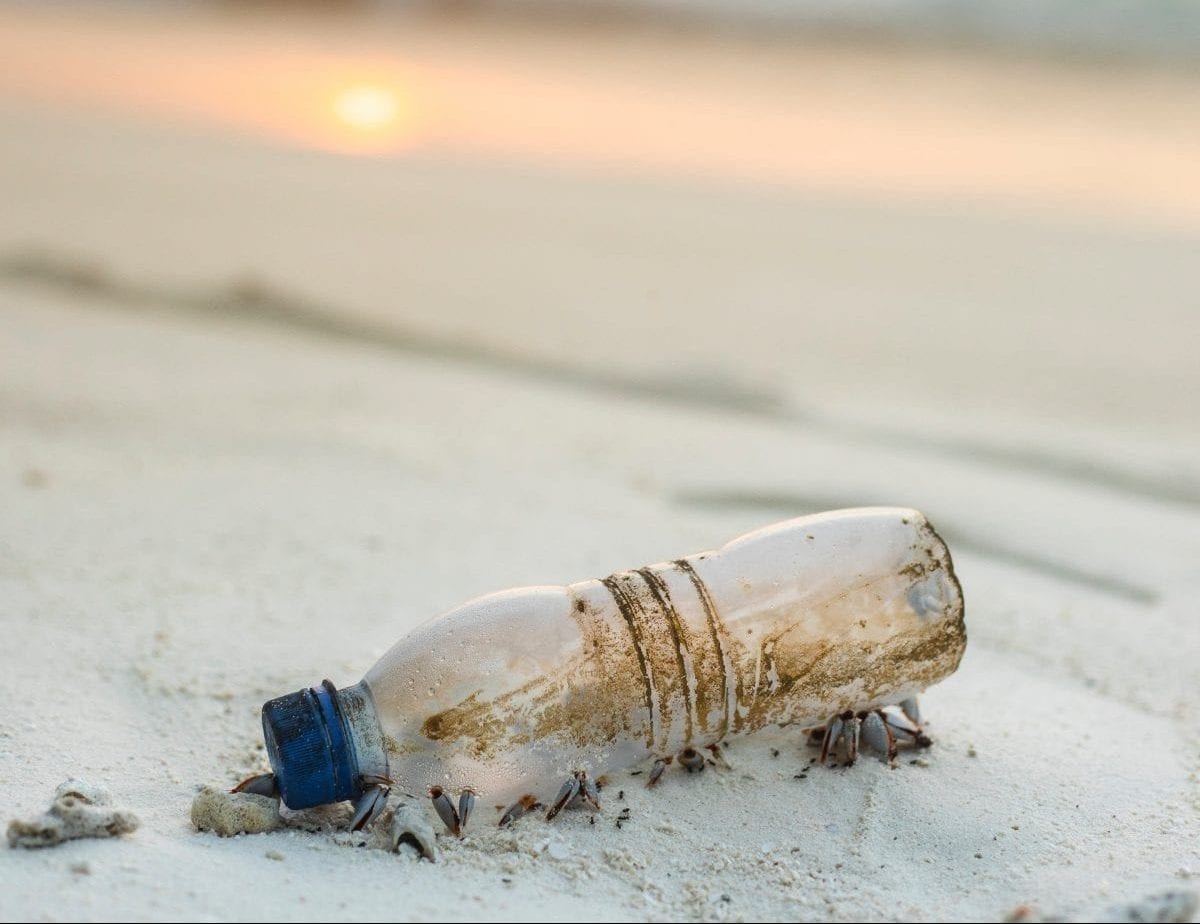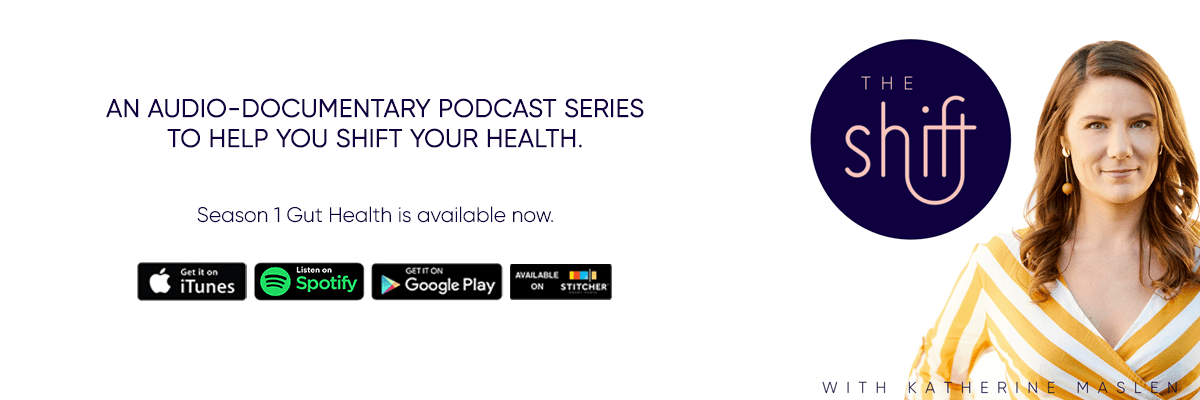From the air we breathe to the foods we eat, even the homes we live in –harmful chemicals are literally everywhere
You may already be trying to reduce the environmental toxins that come into your life, but what if you’re still exposing yourself to high levels of toxins every day that could affect your health?
What are environmental toxins?
Okay, so before we can even get down to what effect these chemicals can have on our bodies, we should look at what they are. Environmental toxins can either be naturally occurring compounds, such as lead, mercury or formaldehyde, or human-made chemicals such as BPA, phthalates and pesticides. Environmental chemicals can pose some risk to our health if taken in toxic doses.
Environmental toxins and their health effects.
The World Health Organization has linked over a third of all childhood deaths to environmental causes. Not only that, there has been an ever-rising rate of diseases such as autism, asthma, ADHD, obesity, diabetes, and even birth defects – with more studies every year linking back to environmental toxins as a potential cause. The chemical environment’s impact on our health is becoming critical.
It can be hard for people to limit their exposure, particularly because these chemicals are so readily available. They’re in the air, water, soil, food and cosmetic products such as creams and lotions. It’s also suggested that factors such as diet, exercise, stress or even childhood trauma can affect the outcome of our exposure to certain chemicals. What is safe for some is not the case for others.
Unfortunately, when we’re regularly exposed, these toxins can accumulate within our bodies, hiding within our organs, deep tissues and even the brain.
There’s mounting evidence from the last seven years that suggests environmental contaminants can adversely affect reproductive health, and disrupt a women’s endocrine (hormone) system, causing irregular periods and even the onset of menopause up to seven years early. This could be because of endocrine-disrupting chemicals like phthalates (found in plastics and cosmetics) and flame retardants.
Diseases such as diabetes, obesity, heart disease, hypertension, stroke, Alzheimer’s, Parkinson’s as well as gynaecological conditions and cancer have some underlying links to toxin exposure. Environmental toxins also regularly play a hand in dysbiosis of the gut microbiome, driving poor digestion, and even lead to neurological dysfunction and autoimmune diseases.
How to reduce your exposure
OK, so that was a lot, and you’re probably thinking there isn’t much you can do about limiting your exposure. There are steps we can take in order to positively take control in our everyday lives and reduce the risks of overexposure to harmful chemicals.
Filter your water – Chlorine, lead and prescription medications have all been found in the water that comes out of the tap. By filtering your water before you ingest it, you are reducing the chances of ingesting potentially harmful chemicals.
Get Back To Nature – Using natural products for your body and home is one way to remove harmful, synthetic chemicals from coming in direct contact with your skin and lungs.
Wash your fruit and veg – Chemicals such as fungicides, herbicides, and insecticides are widely used in conventional agriculture. Even though some are washed after harvesting, some residue of these toxins remains on their surface. Thoroughly wash your fruit and veg in cool water, or in a water-vinegar bath to help remove any surface chemicals.
Purchase organic – Pests are controlled using natural methods and naturally-derived pesticides eliminating the contamination of chemicals from pesticides.
Probiotics and prebiotics – Feed your inner zoo! Probiotics and prebiotics are excellent at repopulating your gut microbiome, in particular, Lactobacillus. These immune-boosting bacteria are a good defence against toxins. When your gut is healthy, your immune system is too.
Changing behaviours – There is always a lifestyle element to anything to do with health. You could have the best diet in the world, but if you’re smoking, highly stressed, consuming lots of alcohol, you’re reducing your chances of staying well, for longer.
Your health can be impacted by so many things, The Shift podcast will bring you the insight you have been looking for, hosted by Katherine Malsen and featuring 26 global experts. Subscribe now on your favourite podcast platform.




